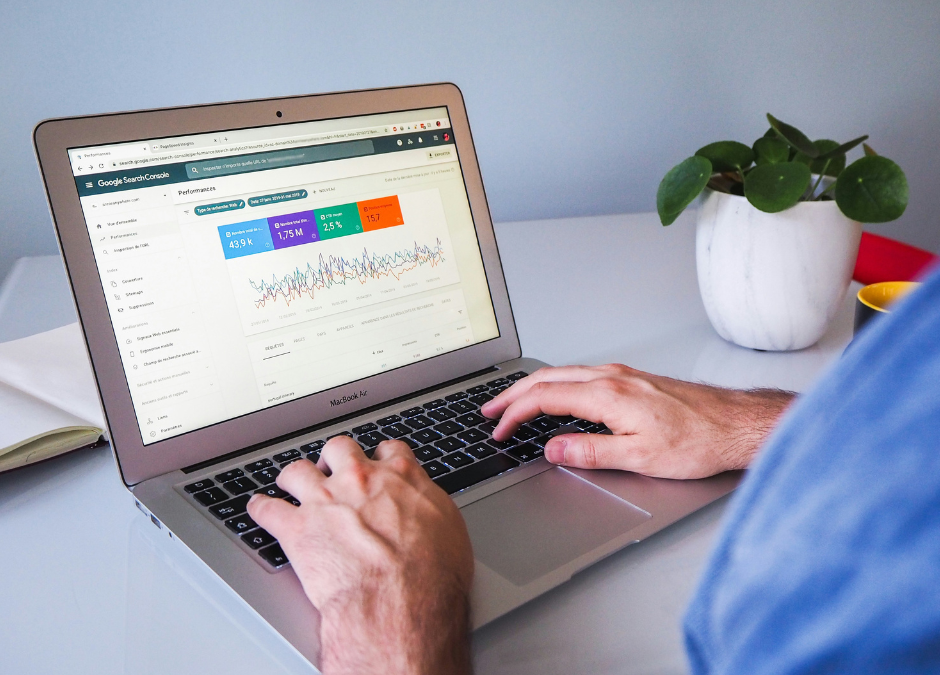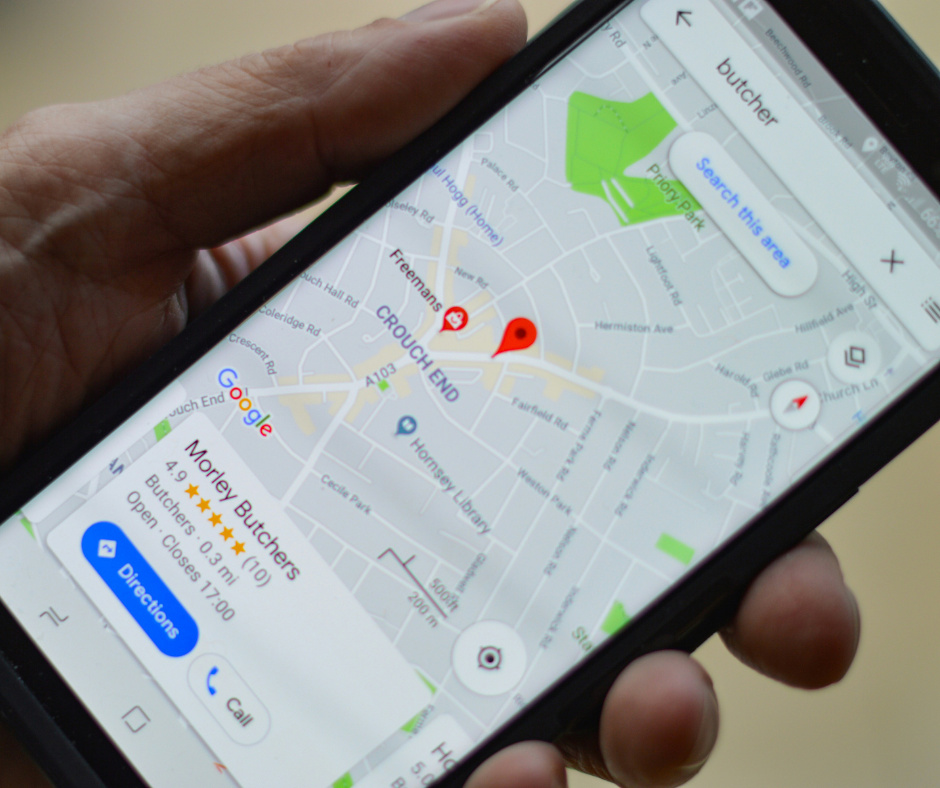Since Google rolled out its Pigeon update, the importance of local SEO has surged. Entrepreneurs swiftly recognized this shift and began intensifying their efforts in local SEO strategies. Even those previously unacquainted with local optimization have come to appreciate its value and are now actively leveraging it. For those already engaged in local SEO practices pre-Pigeon update, the rollout presented both a challenge and an opportunity. It prompted them to redouble their efforts and strive for even greater success in local SEO, recognizing its paramount importance for brand visibility and growth within specific geographic markets.
It is indeed a wise move for businesses to increase their efforts at local optimization and if you haven’t begun optimizing for local yet, then you should start doing so now! As mentioned, the Pigeon update has increased the importance of local SEO, but it isn’t even expected to stop at that. Many SEO experts believe that the value of local SEO will continue to rise in the next few years. You would therefore do well to learn more about what it is and how you can use it to your advantage.
What is Local SEO?
Local SEO may have a lot in common with organic SEO, but at the core, it is a completely different animal. It is all about ranking for searches based on location. Let’s say you run a custom cake business in Denver, Colorado and someone from Denver conducts an online search for custom cakes. Your local SEO efforts should help you rank well for that search. If you’ve gone about local optimization as you should, then your web pages should be at the top of the results for that particular search and any other related searches. In the same way, you should be able to rank for searches using terms like “Denver custom cakes” or “custom cakes in Denver,” even if the search was conducted in another locality.
So, here’s the thing: local SEO is kind of like regular SEO, but with an extra focus on getting noticed in your local area. While listing your business in online directories helps, it’s not the only thing you need to do to succeed locally. Before anything else, it’s crucial to understand the importance of local SEO and how it can help your business get seen by more people nearby.
The Value of Local SEO
So you now have an idea of the importance of local SEO. So what? Why is it essential and why is it expected to become even more important in the next few years? Read on to find out.
Google Loves Local
In recent years, Google has started showing obvious favoritism towards small businesses. As a general rule, Google’s ranking biases are still based on a company’s history and a brand’s authority. However, Google has also intensified its efforts to give people what they want, which often involves showcasing local favorites. Pigeon is expected to be just the beginning of their drive to put more focus on local search and consequently, localized businesses.
The Mobile Phenomenon
It isn’t just local SEO that has increased in importance in recent years. Mobile devices have also become more popular and more and more online searches are now being conducted on these devices. They have therefore become more important in the world of online search. Now, consider this:
- Back in 2011, research showed that more than 40% of online queries made on mobile devices had local intent. That number is expected to have increased since then.
- In 2013, Fresh Egg found that 4 out of 5 individuals search for local information using their smartphones.
- One out of three people purchased after looking up online information via a smartphone.
- According to Google, 87% of people now use their phones on the go. This means that most local searches will soon be based on hyper-specific, rather than strictly regional, locations.
- Google has also discovered that the primary functions of 95% of mobile searches involve visits to business websites.
Google is Working Towards More Individualized Results
At present, Google’s customized and predictive features are still quite limited, but they haven’t stopped working on being able to deliver more specific search results. The search engine now can generate results that are more specific to the searcher than ever before. The results become even more specific when you conduct searches while logged into your Google account. As Google’s search features become more sophisticated, local optimization is expected to become even more important for businesses.
There is a Stiffer Competition
Millions of new websites are established each year, which can cause your online visibility to suffer unless you can keep up with the constant changes in the landscape of search. With stiffer competition overall, many businesses have felt the need to target smaller niches to achieve and maintain online gains. Among the best ways to achieve success in targeting small niches is by recognizing the importance of local SEO. By optimizing locally, you can ensure that your business stands out in specific geographic areas, increasing your visibility and attracting potential customers nearby.
Getting Started with Local SEO
Local SEO may be a bit more complex than organic SEO, but you don’t have to be intimidated by it. It may take more time and effort, but it is generally a very straightforward process. Once you get the hang of it, you’ll realize it’s not that difficult to master, as long as you take the right approach.
Accuracy and Consistency in Local Citation
As mentioned earlier, getting listed in directories isn’t the only thing—or the first thing—you need to do where local SEO is concerned. More important than getting listed is making sure your business is listed accurately and consistently across the web. When you claim your local listings, make sure your business name, address, and phone number (NAP) are correct and that they are formatted in the same manner on all of your chosen platforms. Your local authority may suffer if Google finds even the smallest discrepancy between two or more listings, so make sure everything is in order.
If your business name has an apostrophe in it, make sure the apostrophe is in the right place in all your listings. If you’ve recently transferred to a new location, make sure all listings reflect your new address. With a change of address usually comes a change in phone number as well, so make sure your phone number is also updated in all your citations. What Google finds in Yelp should be the same as the information it finds in Google+ or LinkedIn.
Optimizing Content for Local
Once you’ve made sure your NAP and other pertinent information are listed accurately and consistently across the web, you may start working on optimizing your content for local search. This is relatively easy to do with pure text articles, as all you need to do is include the name of the neighborhood, city, or region where your headquarters are located. You should also make sure the content you post is relevant to your locality. For other types of content—video, images, podcasts, etc.—you may want to include your location in the title.
Local Reviews
Reviews are among the most influential factors when it comes to local SEO. They are comparable to links in organic SEO. It is therefore a good idea to encourage your customers to post a review of your business in general or any of your products/services in particular. Of course, you’ll have to make sure the quality of your products/services is such that your customers will only have good things to say about them and the brand as a whole. Never buy reviews or solicit them from anyone; simply make your customers aware that you’re open to feedback and tell them how they can post their opinions about your business.
Beyond the Website
Did you know you can boost your business’s visibility locally without even having a website? It’s true! Many businesses are rocking local SEO without one. How? Well, they’re tapping into other places online like social media, external locations, and reviews to get noticed. So, when you’re diving into local SEO, remember to spread your efforts beyond just your website. Write guest posts on popular blogs, be active on social media, and share your content everywhere to get more links.
Unless your online presence is already super strong and unbeatable, it’s time to start focusing on your local SEO game plan. If you’re running an online-only business without any plans for a physical store, local SEO might not seem necessary. But hey, if that were true, you wouldn’t be here reading this, right? So, let’s not waste any more time. Get cracking on your local SEO strategy now and stick with it. Remember, SEO is something you keep working on, not a one-time thing.






